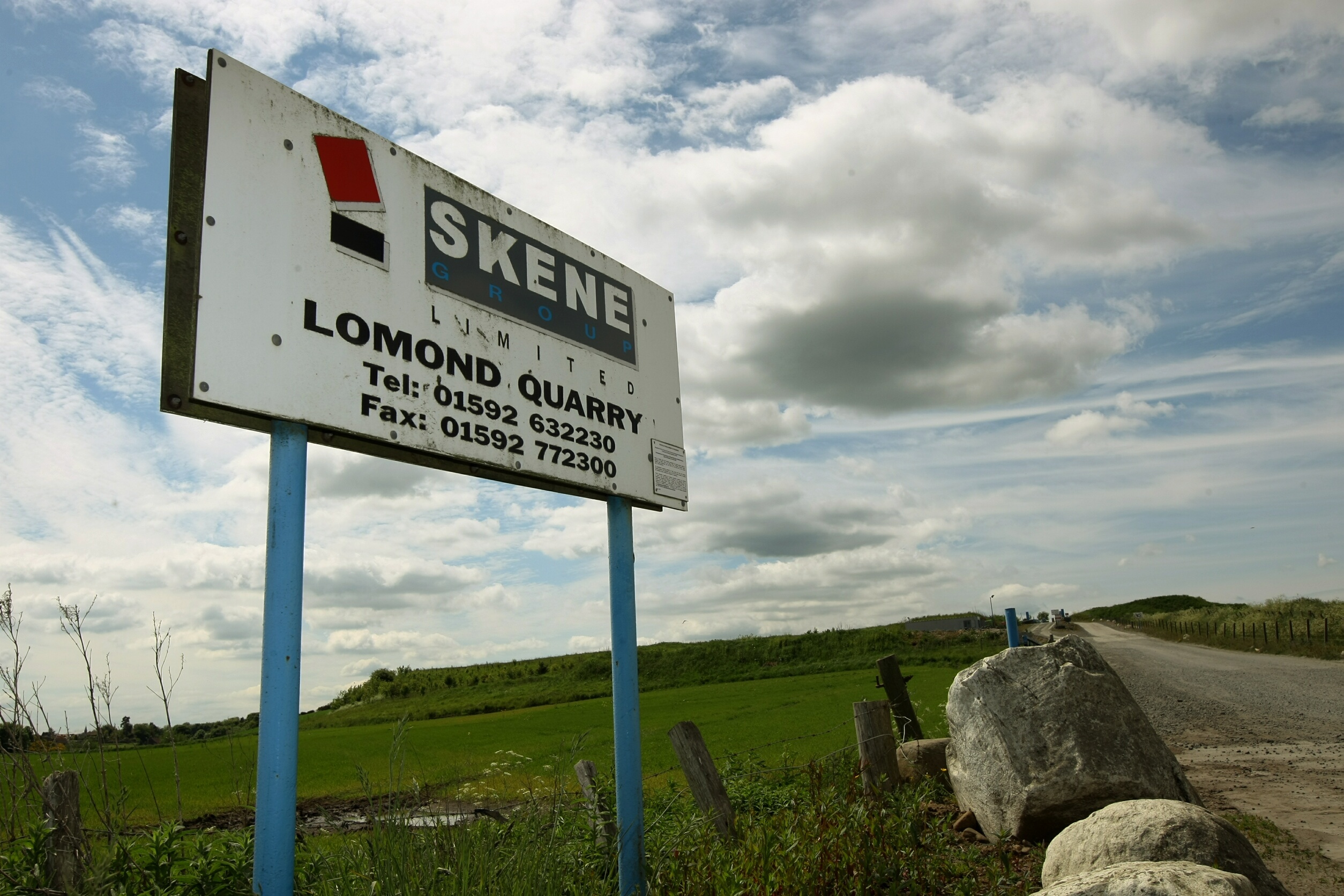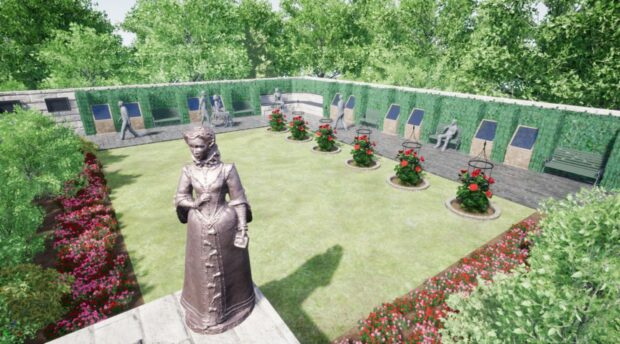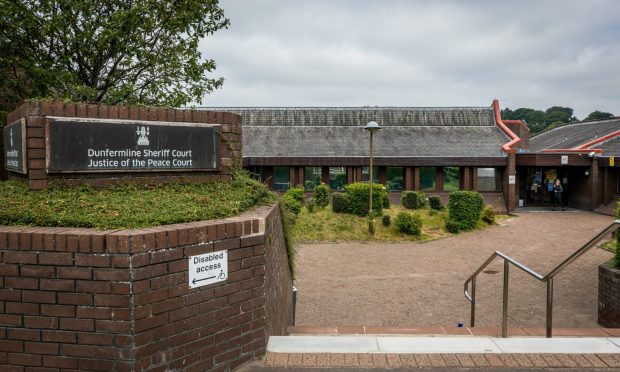The routine monitoring of blasts at a controversial quarry by Fife Council could be stopped due to a lack of cash.
Proposals to go before Glenrothes area councillors this week will recommend scrapping the monitoring of explosions at the Lomond Quarry on the outskirts of Leslie, in favour of random, unannounced tests.
The recommendation follows years of concerns from local residents over the impact of blast work at the site, on the outskirts of the town.
“It is incomprehensible how planning officers thought it was acceptable or reasonable to allow a blasting quarry within 100 metres of residential properties in the first place,” said Jan Wincott, chair of Leslie Community Council.
“That being said, having officers independently monitor the blasts has provided a degree of comfort, especially as the blast readings taken by the officers are often slightly higher than those taken by the company employed by the quarry.
“I suggested at a recent liaison committee meeting that if the council were to provide the requisite training and equipment, residents would take over the monitoring to save the council the cost and resource, but apparently this isn’t acceptable.”
Monitoring was implemented following an independent review of blasting at the quarry and its impact on the people of Leslie and their properties.
Council officers have accumulated what they describe as a “significant body of evidence” indicating blasting operations are in compliance with planning conditions and environmental legislation.
SEPA and the Scottish Government are reported to have accepted the view of officers that no further monitoring is required.
In a letter to Glenrothes area councillors, Kenny Bisset, the lead officer for Fife Council’s land and air quality team, said that because of this, securing funding for further monitoring could prove problematic.
“Members will be aware of the financially challenging circumstances currently facing the council,” he said.
“Our air quality work is almost wholly dependent on Scottish Government grant funding, which is allocated every financial year through a competitive bidding process.
“Given the information provided above we ask elected members to reconsider their request for further monitoring to be undertaken.”










